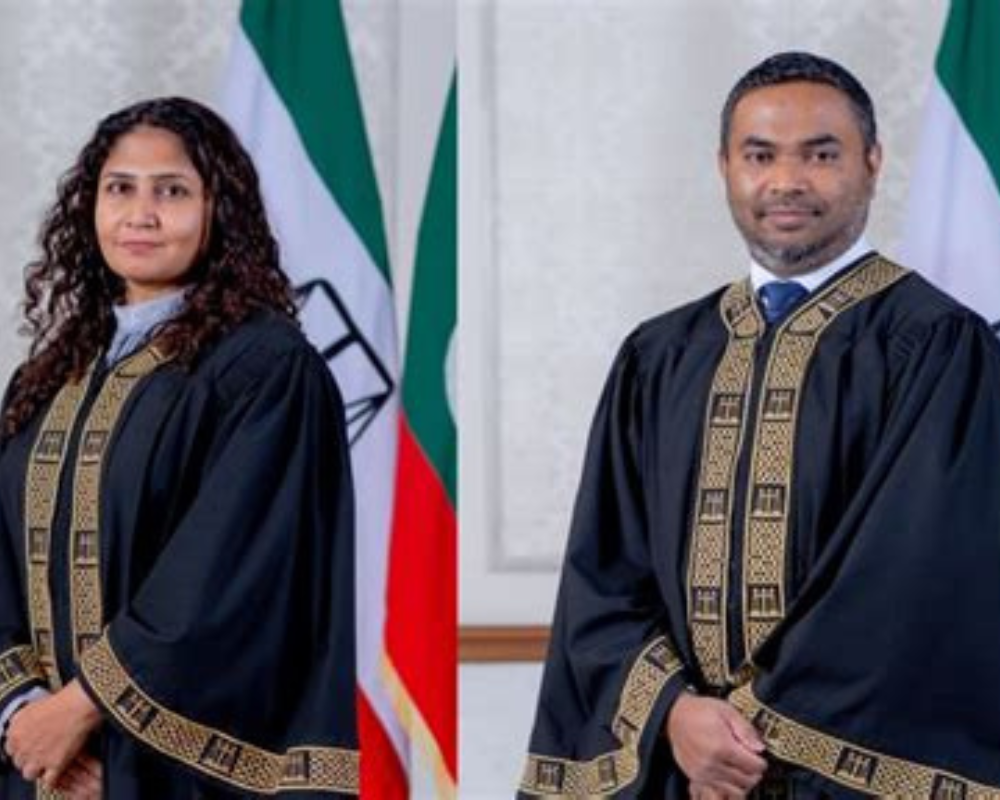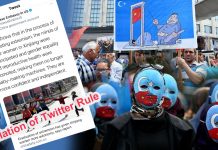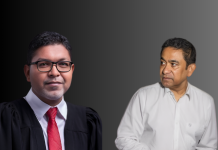On Wednesday, Parliament voted to remove two Supreme Court justices Dr. Azmiralda Zahir and Mahaz Ali Zahir. The vote was led by the ruling People’s National Congress (PNC), which holds a supermajority. Out of 79 members, 68 voted for the removal and only 11 voted against it.
This decision has caused public concern. Many fear it was done unfairly and could damage the independence of the country’s highest court.
On February 26, the Judicial Service Commission (JSC) suspended Justices Azmiralda, Mahaz, and a third justice, Husnu Al-Suood. The JSC said this was because the Anti-Corruption Commission (ACC) was investigating them. At the time, the justices were hearing a case about the PNC’s move to change the Constitution by adding rules to remove MPs who leave their parties. These changes were seen by critics as a way to silence opposition voices.
Justice Suood resigned in protest, saying the suspensions were unfair. But the JSC continued its action against Azmiralda and Mahaz, accusing them of trying to influence a judge to release Azmiralda’s husband, Dr. Ismail Latheef. He had been arrested during a police raid.
However, reports suggest that Latheef was already released when Mahaz contacted the judge. Both justices denied any wrongdoing and said they were not given a chance to defend themselves.
The Judiciary Committee in Parliament, led by PNC MP Husnee Mubarik, reviewed the JSC’s request to remove the justices. But the committee did not let the justices speak or defend their side. The opposition Maldivian Democratic Party (MDP) boycotted the closed-door meeting.
Even the Parliament’s legal advisor, Counsel General Fathimath Filza, warned that the correct steps were not followed and that this violated due process. Still, the PNC pressed on. Only one PNC member, MP Ahmed Azaan Marzooq, voted against removing the judges.
The timing of the suspensions is also troubling. They happened just one hour before a major Supreme Court hearing that could have blocked the new anti-defection rules. Around the same time, the PNC used its power to reduce the number of Supreme Court judges from seven to five. Many believe this was a plan to weaken the court.
Adding to the suspicion, a key witness against the judges — former High Court official Hussain Mohamed Haneef was recently given a senior job at Fenaka, a state-owned company. Critics say this may have been a reward for helping the government’s case.
Many groups have spoken out. The Bar Council of Maldives, Human Rights Watch,the Commonwealth Law Association, LAWASIA, and the Bar Association of India all raised alarms. The UN’s Special Rapporteur on judicial independence, Margaret Satterthwaite, also voiced concern.
Removing top judges without following fair rules weakens the entire justice system. If Parliament can remove judges who make decisions the ruling party doesn’t like, then the courts lose their power to check the government. This is dangerous for democracy.


















